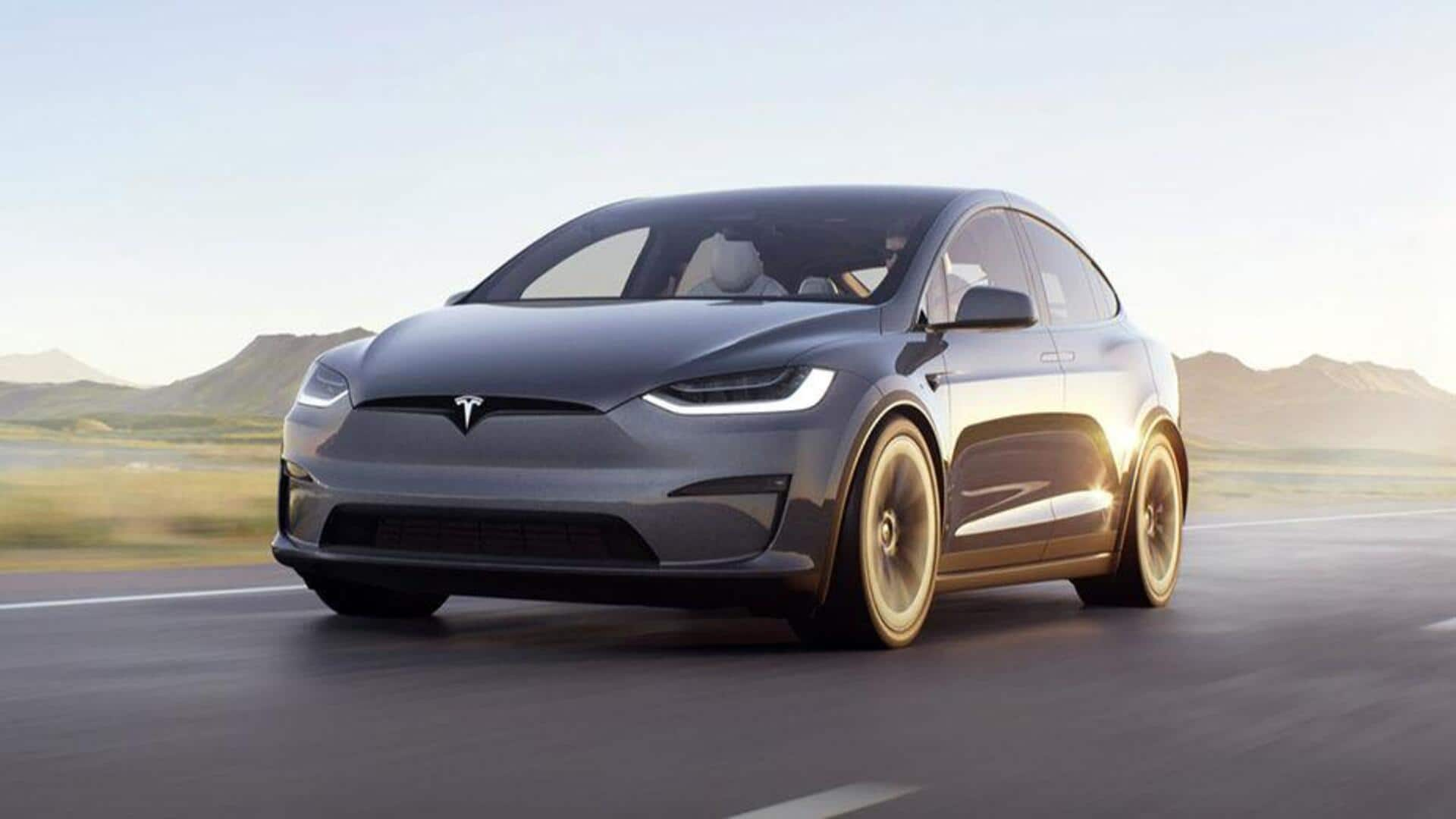
Slow uptake of electric vehicles in tech-advanced nations: Here's why
What's the story
Despite being global leaders in technology, countries such as Japan, the US, and South Korea are witnessing a slower-than-anticipated adoption of electric vehicles (EVs). In 2020, EVs accounted for a mere 1.8% of new car sales in Japan. This comes as a surprise considering the nation's robust auto industry and its culture's usual readiness to embrace new technology.
Hydrogen focus
Japan's hydrogen fuel-cell investment slows progress
A significant factor contributing to Japan's slow EV adoption is a decade-old decision to invest heavily in hydrogen fuel-cell technology. This initiative, led by Toyota, has inadvertently caused Japan to lag in the global EV race. Furthermore, the country's preference for small and economical city cars known as 'kei cars' has also impeded the growth of the EV market.
Hurdles
South Korea's EV market stagnates amid infrastructure challenges
South Korea, despite being home to Hyundai, Kia Motors, and three of the world's five largest battery manufacturers, is struggling to stimulate domestic demand for EVs. The country's EV sales have remained steady at 6.2% of new cars. A significant obstacle in the country is the scarcity of home chargers, especially in high-rise residential apartment complexes where a large portion of the population lives.
Challenges
US electric vehicle adoption faces range anxiety
In the US, despite a 50% increase in EV sales last year, the adoption rate has been slower than anticipated. The country currently has one high-speed charger for around 555 electric vehicles on the road, a ratio similar to that of petrol-powered cars per fuel pump. The US also grapples with issues pertaining to range anxiety and a limited variety of EV models available.
EV future
Signs of progress in global EV adoption
Despite the challenges, there are indications of progress in the global adoption of electric vehicles. Plummeting battery prices and an increasing number of EV models with ranges exceeding 480km, are making these vehicles more attractive to consumers. As EVs become more accessible and infrastructure improves, nations such as Japan, South Korea, and the United States may witness a faster adoption rate for this transformative technology.